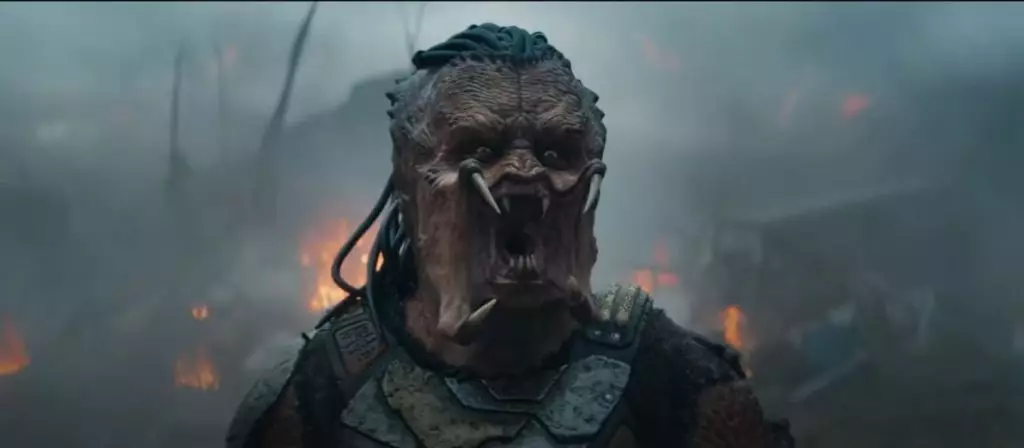The recent revelations about the Predator franchise exemplify how even iconic series can falter when driven more by corporate strategy than genuine creativity. Once a symbol of thrilling sci-fi action, Predator now seems to be caught in a cycle of predictable storytelling and superficial spectacle. Despite Disney’s efforts to keep the franchise alive through prequels and spin-offs, there’s a glaring absence of innovation and depth. The latest offering, “Predator: Badlands,” appears to be more concerned with ticking boxes—exciting visuals, familiar tropes, and referencing nostalgia—rather than providing anything truly meaningful. This approach not only diminishes the franchise’s original grit but also risks alienating long-time fans who yearn for stories that challenge and excite rather than merely entertain.
A Franchise Losing Its Identity
What is most troubling about the new Predator projects is the franchise’s apparent surrender to formulaic narratives. “Badlands” seems to prioritize the spectacle of practical effects and elaborate costume design over meaningful character development. The decision to feature a young Predator protagonist is innovative on paper but ultimately feels like a desperation move to revive interest without a clear understanding of what made the originals resonate. The absence of human characters in the storyline—replacing them with androids and non-human entities—offers a hollow and disconnecting experience, stripping away the human element that added emotional stakes to previous films. The franchise’s identity has become muddled, blending uninspired science fiction plots with action sequences that resemble a video game rather than compelling cinema.
The Illusion of Depth in a Shallow Frame
The promotional effort surrounding “Predator: Badlands” highlights a troubling tendency to emphasize visual effects and blockbuster spectacle at the expense of storytelling integrity. The panel at San Diego Comic-Con, featuring actors and effects personnel, seemed more focused on teasing elaborate CGI sequences and shock value moments than on building a narrative that has something substantial to say. While the film promises heart and emotion, these qualities are difficult to detect amidst the emphasis on practical effects and character costumes. This superficial layer of emotional appeal ultimately fails because it prioritizes style over substance. Fans deserve stories that challenge their perceptions, not merely ones that entertain temporarily with loud noises and flashy visuals.
Questions About the Future of the Franchise
The direction Disney appears to be taking with Predator raises serious concerns. The franchise’s original creator, with its gritty tone and complex characters, seems to be sidelined in favor of a more sanitized, market-driven approach. Even with the addition of talented actors like Elle Fanning, the stories are being driven more by franchise branding than genuine narrative innovation. This suggests a troubling trend where studios see nostalgia as a safe bet, but neglect to cultivate true storytelling artistry. The spectacle can only carry a franchise so far; without authentic characters and meaningful themes, future installments risk becoming long, expensive advertisements rather than true films that contribute to the cultural landscape.
Is There Hope for Meaningful Revitalization?
The trajectory of Predator leaves little room for optimism unless industry leaders and creators revisit the core elements that once made the franchise compelling. Innovations should come from storytelling, not just effects. As a fan who appreciates the potential for thoughtful science fiction cinema, I believe that the true revival of Predator depends on understanding why these stories captivated audiences in the first place: themes of survival, morality, and the primal nature of the hunt. If creators can shift their focus from superficial thrills to deeper, more authentic narratives—perhaps even integrating social commentary and human complexity—the franchise might find its way back from the abyss. But for now, it appears that corporate interests have largely taken precedence over artistic integrity, leaving fans like me to wonder whether Predator still has the soul that once made it a landmark of sci-fi cinema.


Leave a Reply